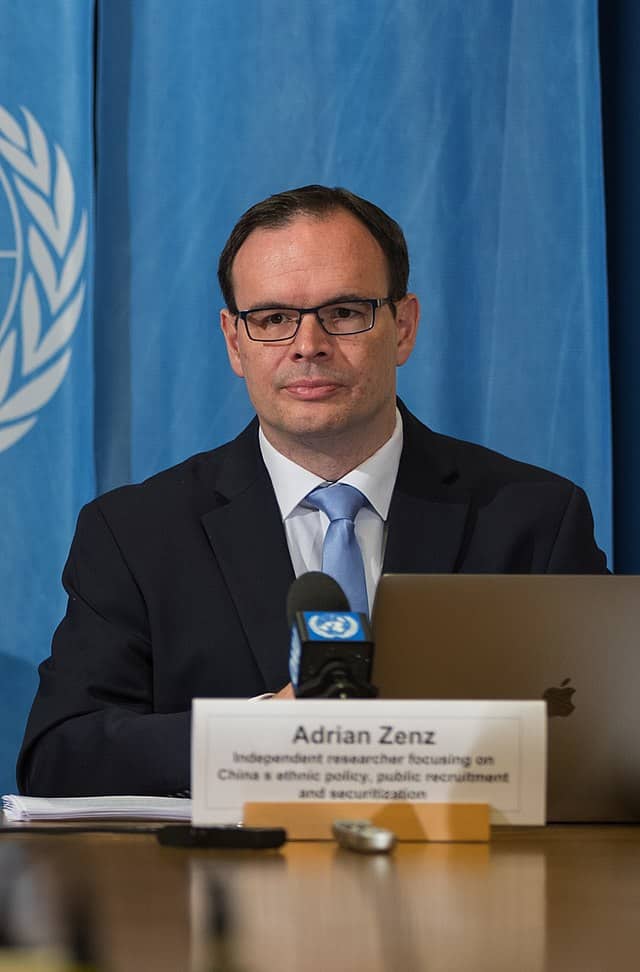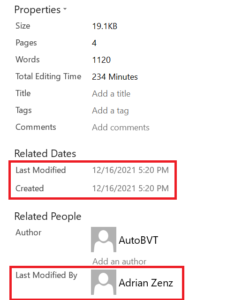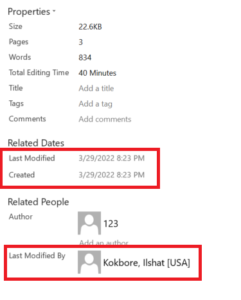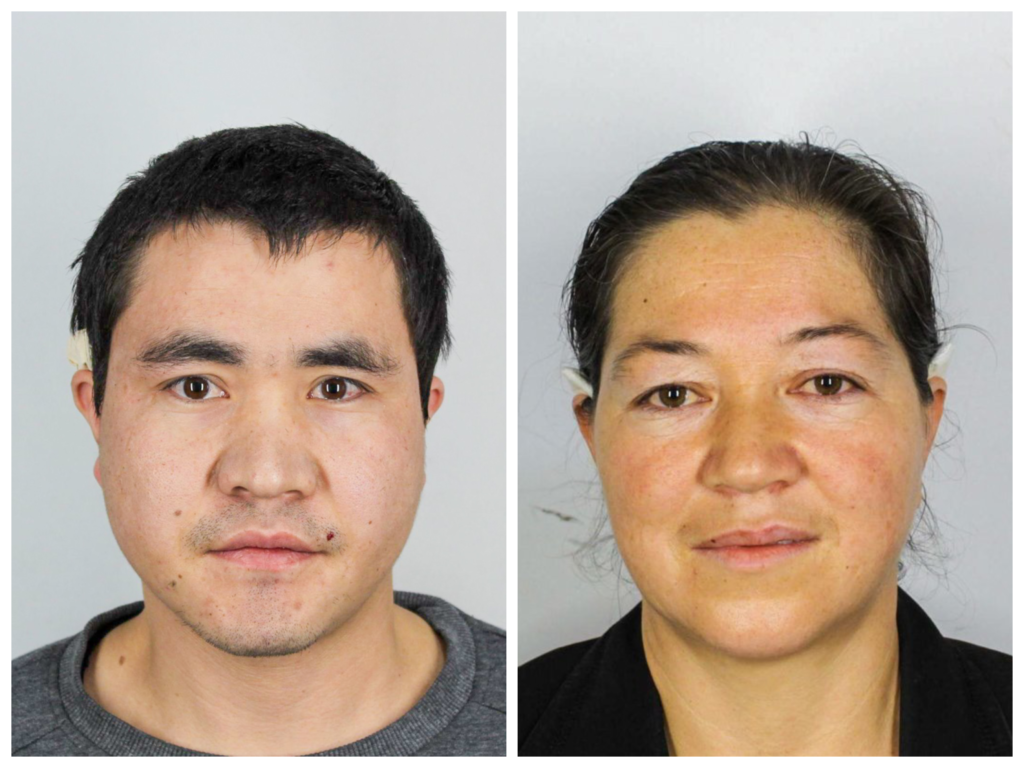Credibility and the ‘Xinjiang Police Files’

Since at least February 2018, a German-born anthropologist named Adrian Zenz has alleged that China is persecuting the Uyghurs, a Turkic Muslim minority that inhabits Xinjiang, China’s westernmost autonomous region.
Zenz is a Senior Fellow at the Victims of Communism Memorial Foundation (VOC). His work has been published at the neoconservative Jamestown Foundation and the Newlines Institute, which is a project of Fairfax University of America (formerly Virginia International University).
Zenz’s work is the foundation of myriad claims by the Western-aligned corporate press, the Trump and Biden administrations, and U.S.-backed NGOs that the Chinese Government is committing genocide against the Uyghurs.
Most notably, on his last day in office, then-Secretary of State Mike Pompeo cited Zenz’s work to accuse the Chinese Government of “genocide” and “crimes against humanity” for its treatment of Uyghurs in Xinjiang. This charge included allegations of forced labor.
These allegations were embraced by the Biden administration, which then doubled down on targeted economic sanctions. The sanctions, titled the “Uyghur Forced Labor Prevention Act” (UFLPA) took effect on June 21, 2022. The Act creates a rebuttable presumption that all goods “mined, produced, or manufactured wholly or in part in Xinjiang or by an entity on the UFLPA Entity List are prohibited from U.S. importation” under federal law.
Much ink has already been spilled exposing Zenz’s credibility issues.
For instance, the Victims of Communism Memorial Foundation is a champion of anti-Russian Cold Warriorism whose principal founders included former National Security Advisor and professed regime change architect Zbiegniew Brzezinski. Its second co-founder, Lev Dobriansky, was a close associate of Ukrainian fascist and WWII Nazi collaborator Yaroslav Stetsko.
Further, the Newlines Institute is infested with “former U.S. State Department officials, U.S. military advisors, intelligence professionals who previously worked for the ‘shadow CIA’ private spying firm, Stratfor, and a collection of interventionist ideologues.”
Lastly, the Newlines Institute is overseen by Fairfax University of America—a private, for-profit university whose accreditation was recommended for termination in 2019 after an audit found its curriculum to be “patently deficient,” noting concerns of “limited peer-to-peer and student-faculty interaction; failure of instructors to adhere to standards outlined in course syllabi; rampant plagiarism; graduate level courses lacking academic rigor; online courses that are not comparable in content to those offered in residence; and grade inflation.”
In February 2021, it was revealed, inter alia, that Zenz made a grave statistical error in his June 2020 paper: “Sterilizations, IUDs, and Mandatory Birth Control: The CCP’s Campaign to Suppress Birthrates in Xinjiang.” Zenz’s main claim was that in 2018, Xinjiang accounted for “80 percent of all net added IUD placements in China.” Zenz miscalculated this number by a factor of 10. In reality, Xinjiang only accounted for 8.7 percent.
Zenz’s other papers have been criticized for statistical misrepresentations, mistranslations of Chinese source material, unreliable eyewitness accounts, and propagandistic mischaracterizations of evidence.
In his newest work, ominously titled “the Xinjiang Police Files,” Zenz, through the VOC, published what they claim is “unprecedented evidence” that “proves [the] prison-like nature of re-education camps [and] shows top Chinese leaders’ direct involvement in the mass internment campaign.” The release consists of what is claimed to be “2,800+ Images of Detainees, 300,000+ Personal records, 23,000+ Detainee Records, and 10+ Camp Police Instructions.” A selection of the files are publicly available on the VOC website. They are not available in their entirety.
The files’ release coincided with the controversial visit of UN High Commissioner for Human Rights Michelle Bachelet to Xinjiang. Bachelet’s visit was condemned by the United States, with several Uyghur rights groups calling the visit a “six-day Communist Party propaganda tour.”
VOC claims that the files were obtained “by a third party from the outside through hacking into computer systems” operated by local officials in two Xinjiang counties. Ultimately, Zenz does not reveal the identity of the hacker because the files were allegedly provided under the condition of anonymity.
Nonetheless, VOC assures the press that a VOC research team led by Zenz “analyzed and authenticated” the documents and further, that the hack was authenticated by “peer-reviewed scholarly research and investigative research teams from several major global media outlets.”
The hack’s peer review amounts to a research article authored by Zenz which was published on May 24, 2022 in the Journal of the European Association for Chinese Studies, a “peer-reviewed open access journal published by the European Association for Chinese Studies (EACS).” This article is entitled: “The Xinjiang Police Files: Re-Education Camp Security and Political Paranoia in the Xinjiang Uyghur Autonomous Region.”
As its name suggests, the Journal itself is decidedly European—and not Chinese or even Asian.
According to its “About” page, the EACS is “an international organisation representing China scholars from all over Europe. Currently it has more than 1200 members. It was founded in 1975 and is registered in Paris. It is a non-profit organisation not engaging in any political activity.” Its purpose is to “promote and foster, by every possible means, scholarly activities related to Chinese Studies in Europe. The EACS serves not only as the scholarly representative of Chinese Studies in Europe but also as contact [sic] organisation for academic matters in this field.” The Journal is sponsored by the “Open access office at the Vienna University Library.”
It remains unclear precisely how the peer review process assured the files’ authenticity.
When asked by this writer for details on how Zenz’s article was peer reviewed, the journal’s editorial contact responded:
The double-blind peer-review process was the same as for any research article. We received the paper, read it once to determine whether it corresponded to our standards, and then sent it for review to two experts (both academics) in the field. Both experts had accessed to [sic] the metadata. The reviews were positive but mentioned some modifications that needed to be done in order to improve the quality of the article. The author then sent us a revised version. Two members of the editorial team (the editorial advisory board was not involved) then read this version before sending our final comments to the author. The paper then went to copy-editing before production.
After they were exposed to public scrutiny, significant questions emerged regarding the files’ authenticity, despite the peer review.
For instance, a Twitter user analyzed the metadata of the leaks’ “key documents.” It revealed that some were edited by Zenz and an individual named Ilshat Kokbore.
Kokbore is a Senior Consultant at U.S. national security contractor Booz Allen Hamilton. He is the former president of the Uyghur American Association and is the current Director for China Affairs at the World Uyghur Congress.
The World Uyghur Congress is “a U.S. government-backed umbrella for several Washington-based outfits that also rely heavily on U.S. funding and direction.” One such organization is the National Endowment for Democracy, an organization which covertly performs the regime change work that the CIA used to perform overtly.
When the above anomalies were publicly identified, it appeared that someone at VOC began scrubbing the metadata from the files and reuploading them to the VOC website. The original files are reportedly still available on the internet archive.
Later, an explanation was added:
1: When first published, some of the documents contained metadata from Adrian Zenz and Mishel Kondi, who were involved in review and translation. Some files were also accidentally saved by a Uyghur who helped transliterate Chinese names. None of these documents contained edits to the file contents. They have since been replaced with the originals. We apologize for any confusion caused. The file titled “疏附县工业城职业技能教育培训中心安保科-9月17日-9月23日工作数据汇总.docx” was obtained by the anonymous third party through decryption. It therefore shows a file creation date from December 2021 (the original file was created before that, which explains why Word shows that the file was printed in August 2018).
The explanation may be plausible, but the admission significantly undermines the documents’ credibility—especially with the possible involvement of a figure like Kokebore. It also suggests that the Twitter users did not manufacture the metadata anomalies. Further, it raises the question as to whether the metadata issues were identified during peer review. If not, why not—and what else was overlooked?
Twitter users also pointed out that some of the hacked documents contain traditional Chinese characters. The presence of traditional Chinese characters does not suggest the documents are official, because traditional Chinese characters are only used in Taiwan and Hong Kong—not on mainland China. Some Twitter users claimed that the documents even contain Japanese characters. One of the leaked documents even appeared to contain a vertical mouse cursor, as if the document text was being edited in-line. Another document contains grammatical errors.
https://twitter.com/PSyaru/status/1529108232035254272
Some of these doubts could be cured. For instance, the discrepancy between traditional vs. simplified Chinese characters could have a benign explanation. It is possible, as the VOC website notes, that some of the text documents, which were provided in word and RTF format, are auto-populated with whichever Chinese font is preinstalled on the recipient’s computer.
This explanation, however, does not explain why documents not provided in word and RTF format would contain the same errors, as they appear to.
As for the alleged detainee images, a Substack blogger identified strange anomalies in some of the mugshots. These anomalies suggested that the mugshots could have been computer-generated. This is possible, as the capability of creating near-indistinguishable computer generated faces has been widely available since at least 2018.
What are the anomalies behind these subjects’ ears?
Although the documents cannot be proven to be forgeries, the files’ authenticity cannot be established to any degree of certainty. That said, some—or all—of the files may be authentic. Some appear to be.
One thing is certain, the effect of the release has been to exert further diplomatic pressure on China, the named arch nemesis of the U.S. Empire. On that fact alone, further examination is warranted.
Even if the files are legitimate, discussion is due on what they prove and what role, if any, Americans could take in the situation that wouldn’t drastically worsen it.
https://libertarianinstitute.org/articles/credibility-and-the-xinjiang-police-files/





0 Comments:
Post a Comment
Subscribe to Post Comments [Atom]
<< Home